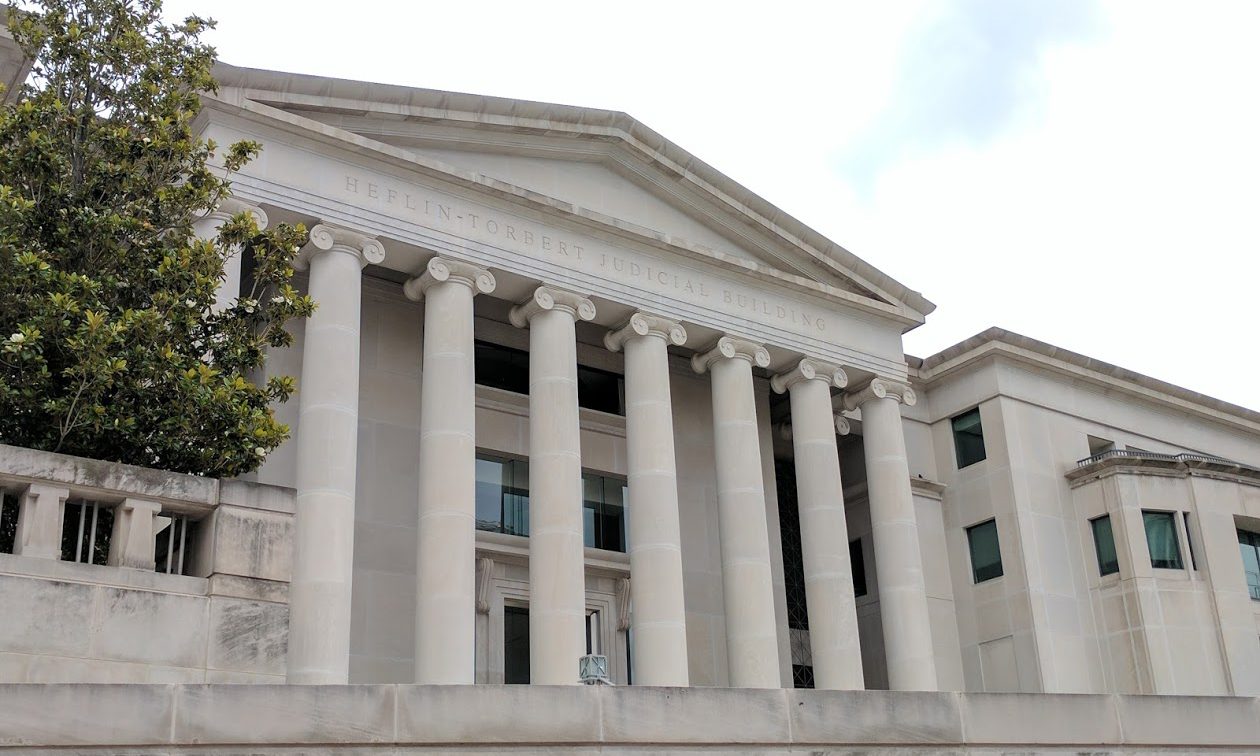Governor Kay Ivey sent a letter to the Alabama Supreme Court on Monday suggesting it allow the state more time to execute individuals on death row when facing legal challenges.
The request comes as Ivey has called for a halt to executions so the state can perform a “top-to-bottom review” of its procedures, which Ivey said is crucial to ensure the victims’ families can be assured an execution is carried out properly.
Alabama’s last two attempts to carry out an execution have failed as time ran out before ADOC officials could establish vein access.
“In several recent executions, last-minute gamesmanship by death row inmates and their lawyers have consumed a lot of valuable time, preventing the Department from carrying out its execution protocol between the conclusion of all legal challenges in the federal courts and the expiration of the death warrant issued by your court,” Ivey wrote.
Ivey noted it is an ADOC rule that executions start at 6:00 p.m., and that Commissioner Jon Hamm is reviewing a possible change to that protocol.
“But perhaps the most significant aspect of this problem is a longstanding court rule limiting the execution warrants you issue to a single ‘execution date’ — that is, a single 24-hour period,” Ivey continued. “This court rule is what requires Department of Corrections officials to stop all execution attempts at midnight of the scheduled execution day.”
Ivey said staff have informed her of ways that other states have allowed for increased time to carry out executions, both by having a bigger window or by extending the timeframe in the event of a court-imposed stay of execution.
“I prefer this second option, and accordingly asked my lawyers to prepare for you a proposal to this end,” Ivey said.
Activists who have been critical of the state’s execution protocol praised Ivey’s halt and review of the procedure, although they have taken issue with Ivey’s framing that it is for the benefit of victims’ families.
In addition to the last two failed executions, the state spent three hours finding a vein in the execution of Joe Nathan James Jr. and activists criticized the state’s lack of transparency around what exactly happened during that time.
Attorney General Steve Marshall said he supports the review, but said the state must move quickly to resume executions to ensure that justice can be delivered for the victims’ families.















































